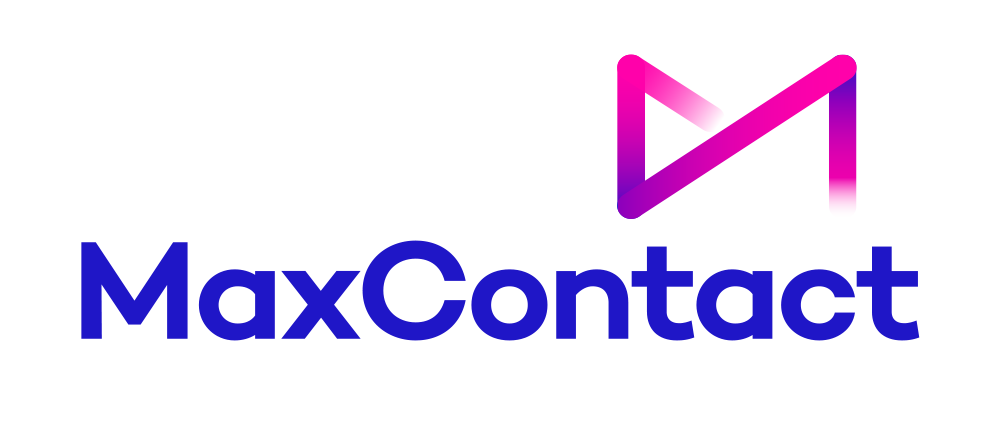Speech Analytics vs Voice Analytics: Which is Better?
Optimising performance and customer satisfaction are important for all call centres. However, understanding the different technologies and solutions available can take time and effort, which can be off-putting.
For example, speech analytics and voice analytics are two very common solutions used across call centres, which can be confusing to understand.
If you are interested in what these solutions do, the difference between the two and their relevance to your call centre, you've come to the right place.
Throughout this blog, we will provide you with a brief yet comprehensive understanding of speech and voice analytics. Keep reading to find out more.
What is Speech Analytics?
Speech analytics is a technology that involves analysing the content and context of customer interactions in a call centre.
Using advanced algorithms and natural language processing techniques allows the software to transcribe and analyse recorded conversations, extracting valuable insights and actionable data.
What Are the Benefits of Speech Analytics?
Speech analytics offers a wide range of benefits. It is used to uncover trends, patterns, and customer sentiment within conversations, providing call centre managers with a deep understanding of customer needs, preferences, and areas of improvement.
Speech analytics can help to:
- Identify emerging issues
- Improve agent performance
- Enhance customer experience
- Ensure compliance with regulatory requirements
Your call centre can gain valuable insights to make data-driven decisions and implement targeted improvements by examining keywords, phrases, and sentiment.

What is Speech Analytics Used For?
Speech analytics has many use cases that can significantly benefit call centres. Here are some of the essential applications:
1: Quality Monitoring
Speech analytics allows call centre managers to assess agent performance by evaluating factors like adherence to scripts, compliance with regulations, and customer service standards.
2: Customer Experience Enhancement
Analysing customer interactions allows speech analytics to help you identify areas where customer satisfaction can be improved, leading to enhanced experiences and increased loyalty.
3: Trend and Pattern Identification
Speech analytics uncovers trends and patterns in customer conversations, allowing call centres to identify emerging issues, address customer concerns, and make data-driven business decisions.
4: Sentiment Analysis
Detecting the sentiment of customer interactions means that speech analytics can provide valuable insights into customer satisfaction levels, helping call centres to prioritise and respond to customer needs effectively.
5: Compliance Adherence
Speech analytics helps to monitor calls for compliance with legal and industry regulations, ensuring that agents follow proper procedures and maintain regulatory standards.
6: Agent Training and Coaching
Speech analytics identifies areas where agents may need additional training or coaching, allowing call centres to provide targeted support and improve agent performance.
These are just a few examples of how speech analytics can revolutionise call centre operations, improve customer experiences, and drive overall business success.
Speech analytics allow call centre managers to gain valuable insights that lead to actionable improvements and increased operational efficiency.
What is Voice Analytics?
Voice analytics is a technology that focuses on analysing the acoustic characteristics of customer interactions in a call centre.
It involves extracting data from the voice signals, such as tone, pitch, and volume, to gain insights into customer behaviour and sentiment.
What Are the Benefits of Voice Analytics?
Voice analytics offer a selection of benefits, especially for call centres. Firstly, it enhances personalisation and satisfaction by understanding customer needs.
Voice analytics also reduces call handling time and saves resources. Here are some more of the benefits this software offers:
- Improved agent performance
- Cost savings
- Better decision making
- Improved customer satisfaction
What is Voice Analytics Used For?
Voice analytics offers various valuable use cases within a call centre environment, such as:
1: Call Scoring
By analysing the acoustic features of calls, voice analytics can score and evaluate calls based on predefined criteria, providing call centre managers with objective assessments of agent performance.
2: Emotion Detection
Voice analytics can detect and analyse the emotional tone of customer conversations, allowing call centres to measure customer satisfaction levels and identify opportunities for improvement.
3: Voice Biometrics
Voice analytics allows call centres to use voice recognition technology to authenticate customers based on their unique voice characteristics, enhancing security and simplifying the authentication process.
4: Fraud Prevention
By analysing voice patterns and anomalies, voice analytics can help detect potentially fraudulent activities, such as identity theft or unauthorised account access, allowing call centres to take proactive measures to mitigate risks.
5: Performance Optimisation
Voice analytics can identify patterns and trends in customer interactions, helping call centres optimise processes, refine scripts, and provide targeted training to improve overall operational efficiency.
Voice analytics gives call centres valuable insights into customer emotions, behaviours, and authentication needs.
These insights allow call centres to enhance agent performance, customer experiences, and security measures, ultimately leading to improved operational outcomes.

Which One Is More Important for a Call Centre?
Both technologies bring unique benefits and contribute to overall operational success when considering the importance of speech and voice analytics for a call centre.
However, the significance may vary depending on specific business goals and priorities. Here is a comparison of the importance of both uses:
Speech Analytics:
- Provides insights into customer needs, preferences, and pain points.
- Helps identify emerging issues and trends in customer interactions.
- Enables call centre managers to make data-driven decisions for process improvements.
- Enhances agent performance through targeted training and coaching.
- Improves customer experience by addressing areas of dissatisfaction.
- Ensures compliance with regulatory requirements.
Voice Analytics:
- Evaluates agent performance objectively through call scoring.
- Detects customer emotions and sentiments to gauge satisfaction levels.
- Enhances security through voice biometrics for customer authentication.
- Identifies potential fraudulent activities and mitigates risks.
- Optimises call centre processes and scripts for better efficiency.
While both speech analytics and voice analytics play key roles in a call centre, the importance may lean towards speech analytics due to its broader impact on customer experience, agent performance, and overall business growth.
Putting the customer first can improve satisfaction; in fact, it is a well-known fact that 93% of customers are more likely to repurchase if your company offers great customer service.
However, the specific importance may vary depending on the call centre's priorities and goals. Call centre managers must evaluate their unique requirements and choose the best analytics approach for their objectives.
Speech Analytics at MaxContact
Call centre management is growing, and making the most of speech and voice analytics is essential for staying ahead of the competition.
Speech analytics provides valuable insights into customer interactions, trends, and sentiment, voice analytics offers objective evaluations, emotion detection, and fraud prevention capabilities.
When deciding which is more important for your call centre, speech analytics takes the lead thanks to its wider impact on customer experience, agent performance, and compliance adherence.
However, which solution is best can vary based on your call centre's goals and priorities. Here at MaxContact Australia, we provide comprehensive speech analytics solutions that can unlock valuable insights and drive operational excellence.
If you're ready to take your call centre to the next level, don't hesitate to request a demo. Experience how their advanced contact centre solutions, including speech analytics, can transform your business and elevate customer interactions.
Investing in the right analytics technology is an important decision that can massively impact your call centre's success.
.png)
From the blog







